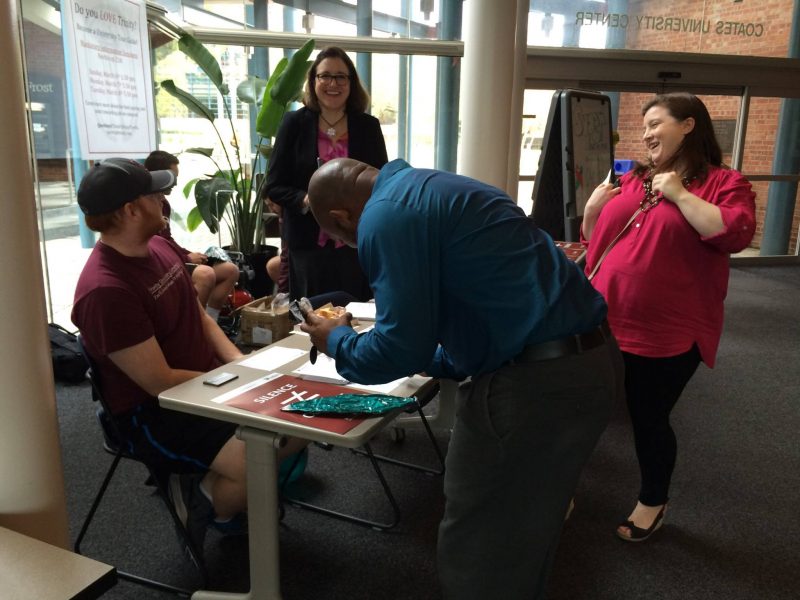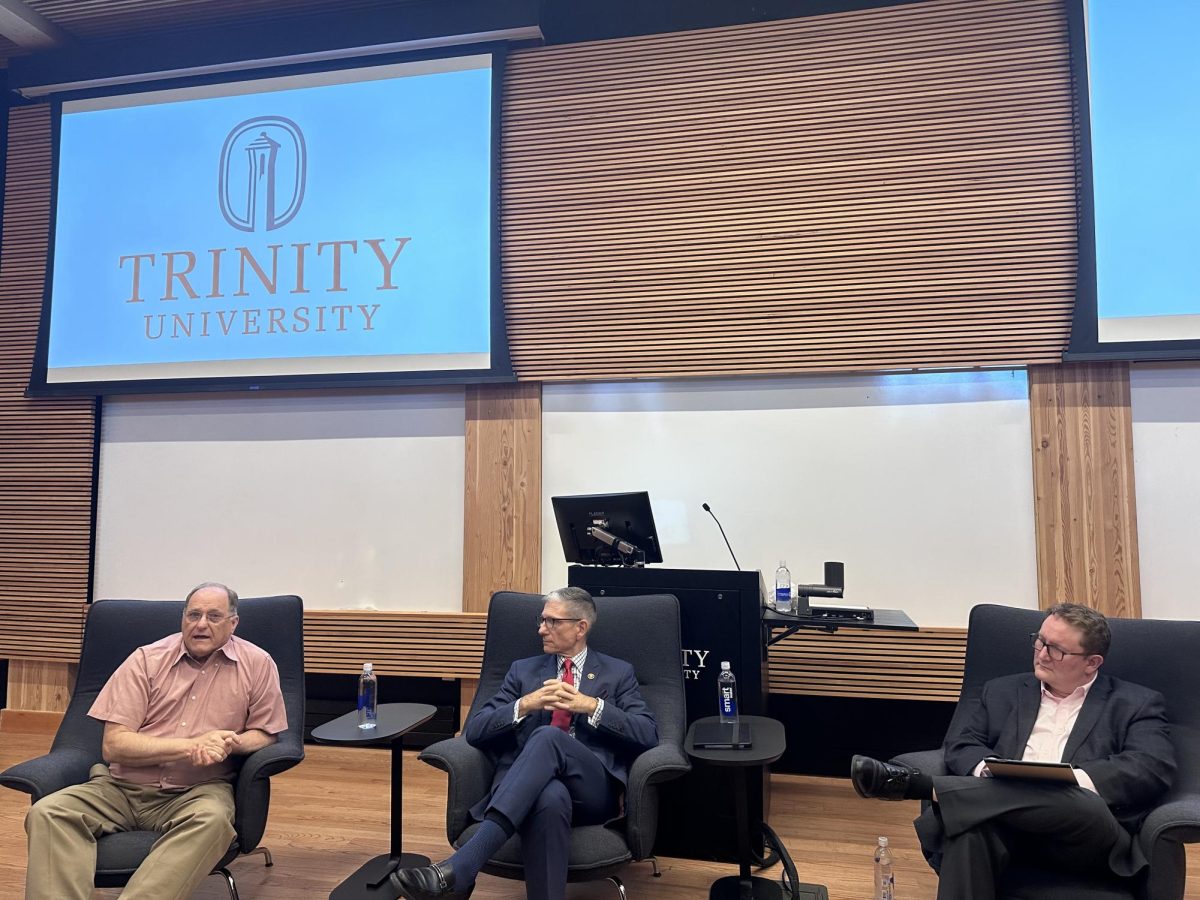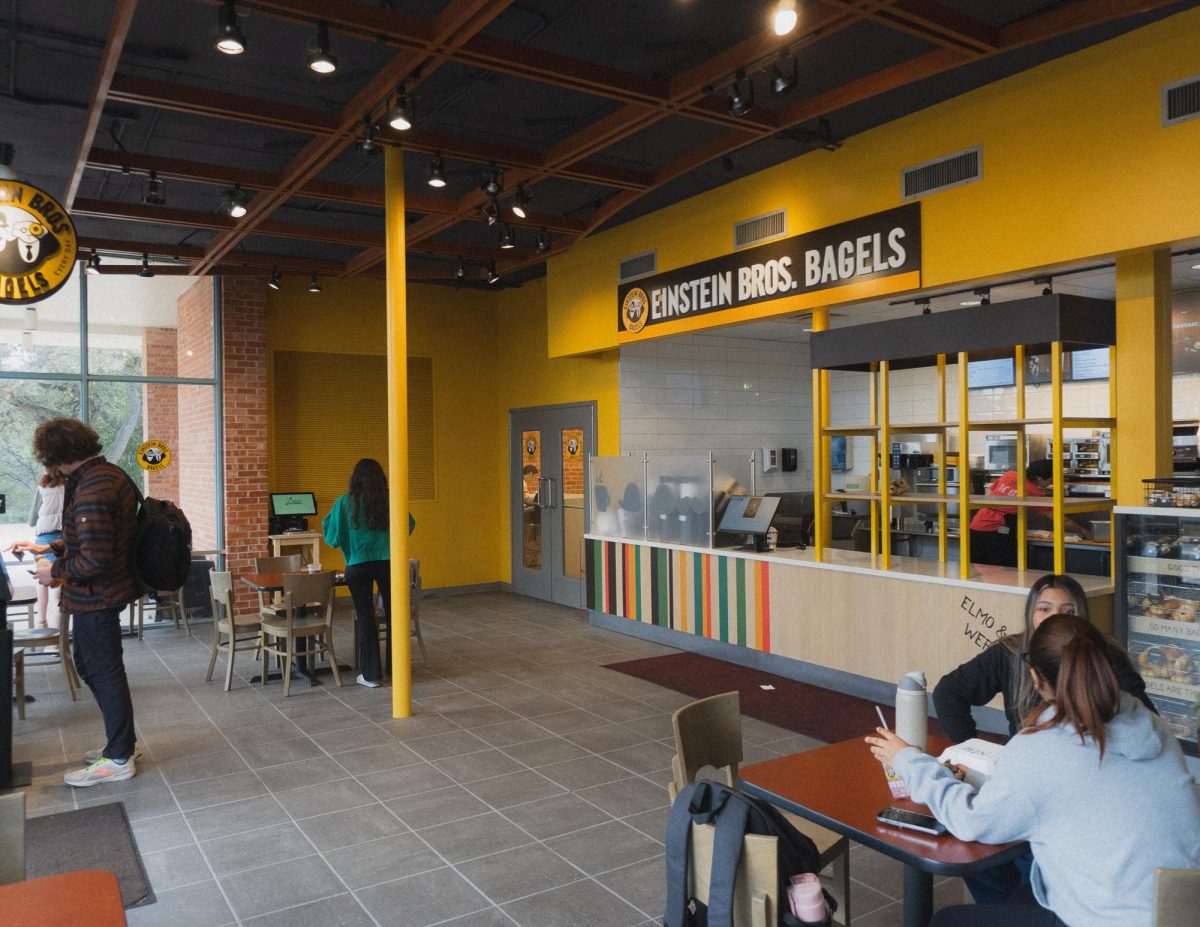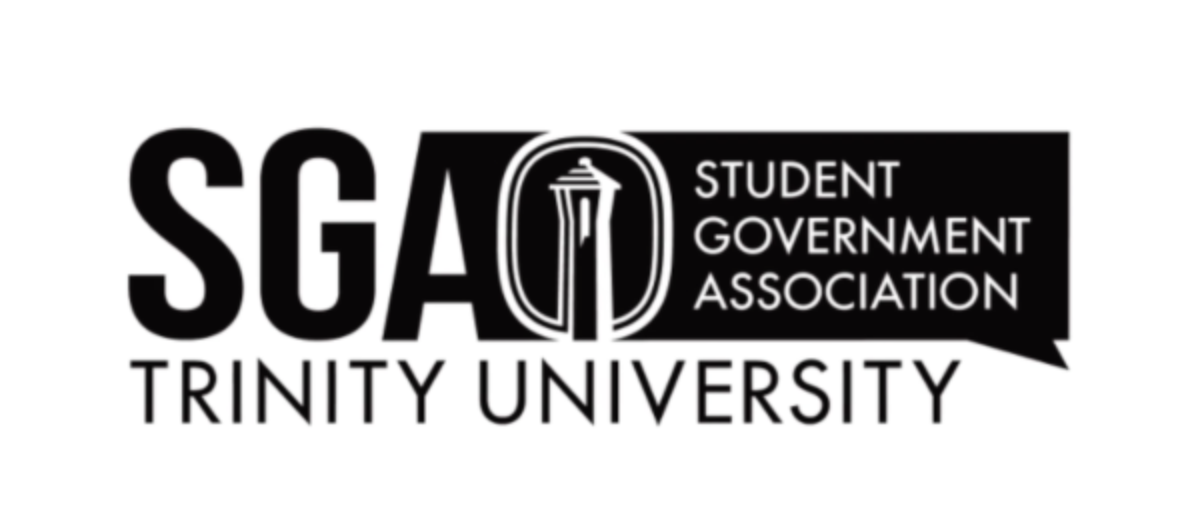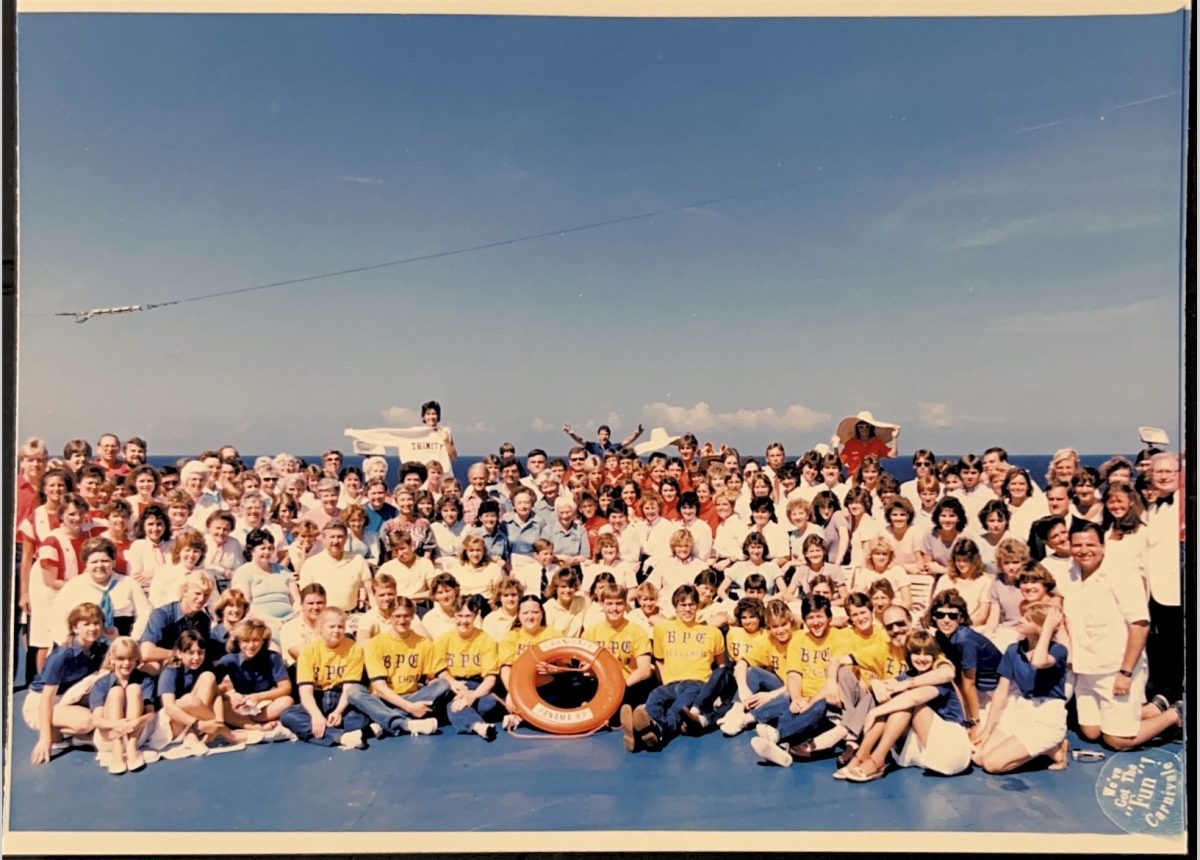The Coalition for Respect is circulating its annual survey on sexual assault, which administrators hope will help improve the campus climate surrounding sexual assault. Last year’s report indicates that alcohol and drugs play a larger role in sexual assault involving Trinity students compared to those at peer institutions, though students at Trinity are also more likely to have talked to someone about the event.
The Coalition for Respect is a partnership between students, faculty and staff on campus aimed at promoting awareness of issues dealing with sexual assault and misconduct. The organization conducted a similar survey for the 2016–2017 school year, in which 434 students participated — about 19 percent of the student population that year.
“We created [the coalition] to give the community some responsibility for climate on campus and to give the community a voice in situations related to sexual assault,” said David Tuttle, dean of students and chair of the Coalition for Respect. “We want to bring more people to the table.”
One of the benefits of offering a campus-wide survey like this one is how the information allows Trinity to compare itself to similar small schools.
“The purpose is to ask the community what they think of the campus climate and to get a lot of information that we can use to inform our decisions moving forward,” Tuttle said. “Because it’s done with a consortium, it’s a chance to benchmark ourselves against other like institutions.”
According to Megan Kruse, coordinator for student conduct panel, the 2016-17 survey helped the coalition angle its sexual assault education in a way best suited for Trinity students. Kruse says the survey helps the Coalition for Respect focus its attention on the core issues at Trinity.
“If you look at the data we have, … alcohol use is higher at Trinity. When it comes to someone who has disclosed that they’ve been sexually assaulted, they more often say that alcohol or drugs were involved than at other universities,” Kruse said. “We started doing more targeted conversations about alcohol at our Coalition Cafes or at any of our tabling in Coates.”
The Coalition Cafes are another way the group has tried to gain more student input. The cafes are a pop-up event that allow one-on-one conversations between students and coalition members.
“It’s hard to find students who are willing to have these conversations,” Kruse said. “But I’d say every Coalition Cafe, we’ll have four to five students who we’ll have a 20-minute conversation with, and we can talk about policy and how the policy applies to things and how drugs and alcohol can intersect with this.”
Tuttle mentioned that at one point, there was an attempt by counseling services to create a support group for survivors of sexual assault but that it didn’t last due to lack of participation. According Tuttle, students often prefer individual counseling or talking to friends over attending a support group. “On a small campus like this, there’s issues of anonymity. There’s issues of staff resources that we have for those types of things, but also just getting students to participate, there’s just not the numbers that you would find at a bigger school,” Tuttle said.
Kruse also mentioned that the survey results reveal more positive things about students’ reactions to sexual assault.
“In the part of the survey where people will opt in to disclose whether they’ve been a victim of sexual misconduct or assault, every single person who disclosed that said that they told someone,” Kruse said.
Along with the Coalition Cafes, the group has also organized larger events, like a panel on sexual assault last fall. The combination of intimate and larger events offers a variety of settings for people to participate and become involved with the group.
“It’s kind of a combination of not just concentrating on one particular thing, like only small groups, but to have representations of different types of things,” said Pamela Johnston, Trinity’s Title IX coordinator. “You really need to reach out to students in a number of ways to find out what resonates with them.”
Johnston, who accepted her role as Title IX coordinator Aug. 2017, stressed that the survey is important to campus and student safety, and the information provided will help the coalition to create more relevant programs.
“The purpose is to gather as much data as possible and to use that for constructive purposes in terms of education, training, safety,” Johnston said.
According to Johnston, the coalition also researches what is done at other schools to promote awareness.
“We look for things that other schools are doing, so it’s not just the coalition trying to think of ideas, but getting ideas from other schools and to see what types of programs they’re doing, what types of initiatives,” Johnston said.
Kruse explained that student input is necessary to help improve the campus climate. She believes that students’ involvement with the coalition will help spur greater change on campus.
“One of the reasons we wanted these smaller, student-on-student interactions is because the culture starts with the students. We need people to feel comfortable stepping up and being good bystanders,” Kruse said. “That conversation has to come from the students. That’s why we’re constantly mining for students to get involved.”
Aside from participation in the survey, the Coalition for Respect is also searching for more students to become involved with the group itself.
“We’re looking for more student participation,” Kruse said. “[The coalition] was created to be a partnership between faculty, staff and students, and it still is. We just maybe need more on the student side.”
For those interested in becoming a part of the Coalition for Respect, email coalitionforrespect@trinity.edu or David Tuttle. This year’s survey, which students can find by searching their T-Mail inboxes for a Jan. 16 email from “CoalitionForRespect,” will close Feb. 22.

